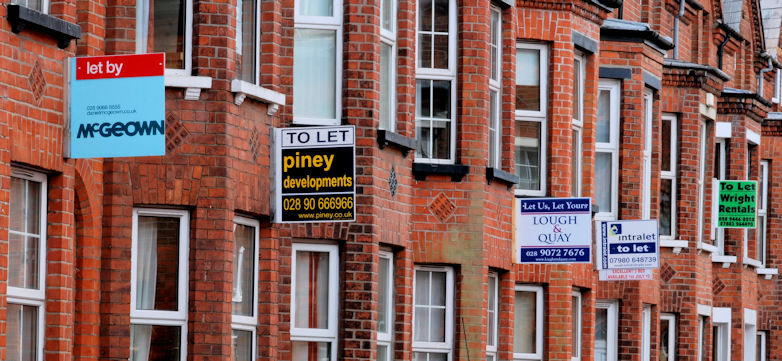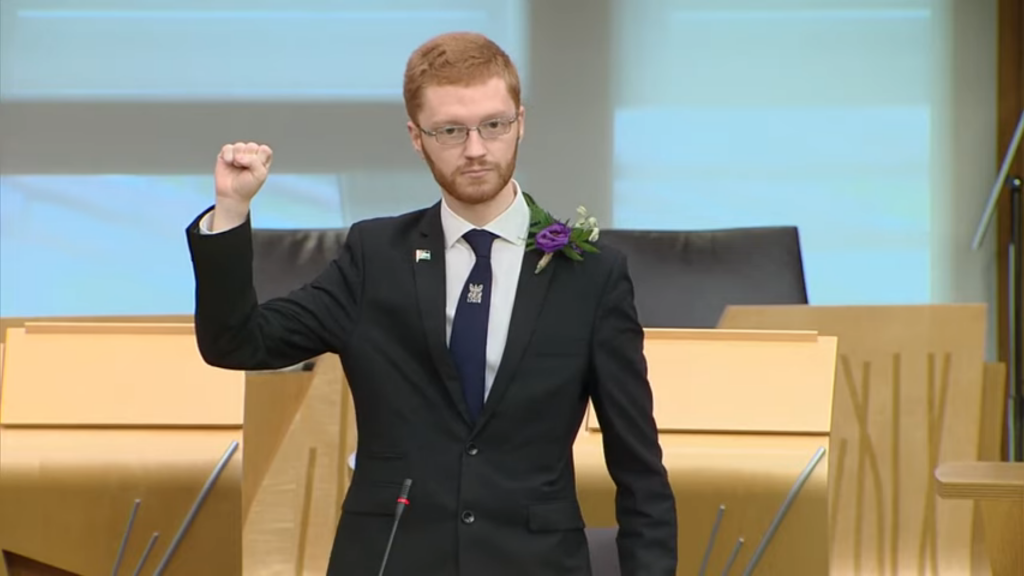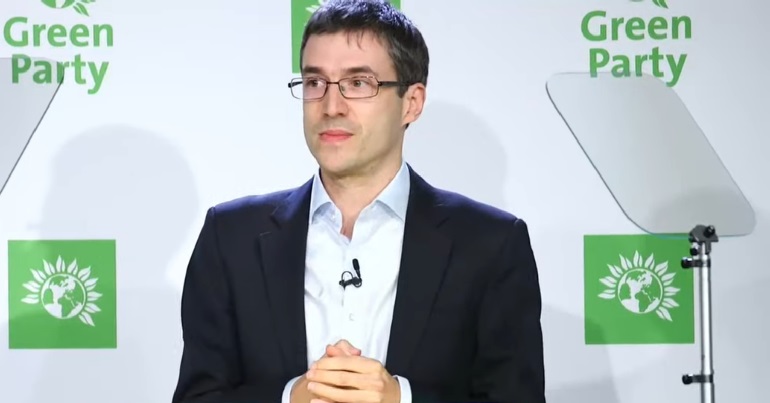The great desertion of renters

One of the most notable effects of the current pandemic is the dramatic rise of renter uncertainty. This is not surprising considering how much of UK housing is rental. In 2017, there were 4.5 million renters in the UK, constituting 20% of all households. This number has only increased, with a quarter of households expected to be renters in 2021. For some people, particularly those in cities like London, more than 50% of their pay check is spent on rent. This is a problem when lockdown has also led to the greatest recessions in modern history, with rampant unemployment. As a result, many across the country are uncertain they can stay housed in the coming months.
The Conservative response to the crisis has been to simply delay it. Evictions are temporarily suspended, but rent is still due. Therefore, at the end of the suspension period, evictions will skyrocket. The government response is akin to saving someone from drowning, pausing, then throwing them back in the water. Of course, we have a new ‘forensic opposition’, here to save the day. But Labour’s announced solution is equally poor for renters. A further delay in evictions, plus a two-year timeframe to pay back arrears. Essentially, a longer period to pay back rent before eviction. At best, massively increasing rent during a recession. Labour stops you drowning, instead waterboarding you long enough for your landlord to empty your wallet.
Getting rent money forensically
Is it really that surprising that the response from the opposition has been so poor? In 2017, one fifth of MPs were landlords. This analysis needs to be urgently redone with the new raft of MPs, but a huge number announce rental income looking down the interest register. Thangam Debbonairre, the shadow Secretary of State for Housing, consulted with landlord associations before announcing the policy, rather than the many groups representing renters.The soft left’s chronic concern for its reception among the middle classes, particularly those who own a rental property or a small business, tends it towards such failures.
There are many now ready to fight within the Labour party about rent, and in particularly pushing for a rent waiver. Attempting to get such a policy change is difficult when a significant chunk of the PLP are landlords. Even worse, the purported left of the party are not free of this rot either. The fact that Lloyd Russell-Moyle can chair the Socialist Campaign Group for two years and be a landlord is embarrassing. More cringeworthy is when he uses his parliamentary interventions to announce he’s only asking for reduced rent this month. How can such a state of affairs be changed?
One approach to this problem is to make being a landlord disqualifying for selection as a Labour candidate. This is not an ethical argument, but a practical one. The landlord class interest is antithetical to that of labour movements. You cannot simultaneously defend both working people and the practices of taking money from them. A party like Labour, and other parties proclaiming to represent workers, surely must expunge landlords from their ranks. Now, good luck to those who wish to bang their head against the wall of CLP meetings and conference motions to gain such a change. Especially given the negative associations the party leadership has with the failures of the Corbyn project and the wishes of grassroots members.
It seems we are at an impasse. So far, we can either pressure the Labour party to act as a proper opposition or fail. Maybe a look to other parties? We could see the Liberal Democrats attempting to return to their old tactic of outflanking Labour on the left, but we have seen this fail before. Alternatively, the Green Party policy on housing seems at least willing to reduce the power of landlords. However, the party can’t reach critical mass quickly enough under the Westminster system to deal with the problems renters face today. A view of political change which only focuses on the electoral route to protecting renters will see nothing but misery for many.
Beyond Parliament
Escaping the electoral impasse means looking to at key role for groups like Acorn, London Renters Union, and other tenant unions across the UK. Here we see organised renters attempting to defend themselves and undermine the significant power landlords have in our system. These groups have rightly been calling for rent cancellations and actually oppositing the government policy. It seems strategically urgent that rather than fragmented renters, it is these collectives which landlords struggle against.
But simply organising is not enough. Once tenants are organised, defending their interests means a willingness to withdraw collectively what the landlord craves. Namely, the decision to go on rent strike. There have been numerous examples of successful campaigns across history, most recently in the sphere of student renters. A collective refusal to pay rent under lockdown and after could provide immediate protection and backdowns given a critical mass. This is without considering the other ways to approach housing struggle, most notably being the strategic use of squats.
Nonetheless, organising rent strikes is not an easy endeavour. The last few decades have seen a weakening of trade union power, particularly by placing strict limits on the ability to strike. This prevents the kind of solidarity striking which is likely necessary for protracted rent conflicts. Furthermore, the legal powers given to landlords and the eviction industry are extensive, considering the preference they have been given by successive governments. Tenant organising is still in a growing state, with millions still not part of a union and therefore able to engage sufficiently in such actions. We not only need a rapid expansion in tenant membership and organising capacity, but a willingness of those across industries to take actions approved by neither state nor union for the entitlement to housing.
Housing for all
When faced with the catastrophic state of renting in the modern era, it is common to hear talk of ‘bad’ or even ‘slum’ landlords. But this is to misplace the crux of the problem. The ability to be housed should not be dependent on the whims of someone searching for income. Modern property relationships produce a situation where the ownership of housing allows landlords profit from the basic needs of others. The problems of rent are from some cabal of rogue landlords, but inherent to the existence of the landlord relationship.
The return of farmed land from private ownership back to the people was a central tenet of radical popular movements in the last few centuries. The return of housing from landlords to working people, and the provision of housing as a universal entitlement, must be a core tenet of contemporary movements. The established forces of Westminster have failed in this regard, as a house full of landlords necessarily does. In the short term it’s necessary to build tenant unions and the tactics of rent strikes to defend housing, but in the long run these battles must be seen as central to the building of a movement demanding an end to rent itself.
If the landlord is a parasite, we must be our own antiparasitic.
PS. Bright Green has big plans for the future, but we need your input. Take 2 minutes to see what we’re planning and tell us your thoughts.




We must not forget the housing companies that bring the price of land beyond what the average person can afford. I recently read an article written by an estate agency telling us that when the virus is over, buyers are going to look for houses,in the country. Even though we know that a recession is coming fast at out heels, those believing that the future for housing wealth is going to move to the country villages.will put their houses on the market in the belief that they will sell quickly when in fact the economists tell us that the bubble is going to burst and prices will fall. This to me is sheer dishonesty on the part of the estate agencies.